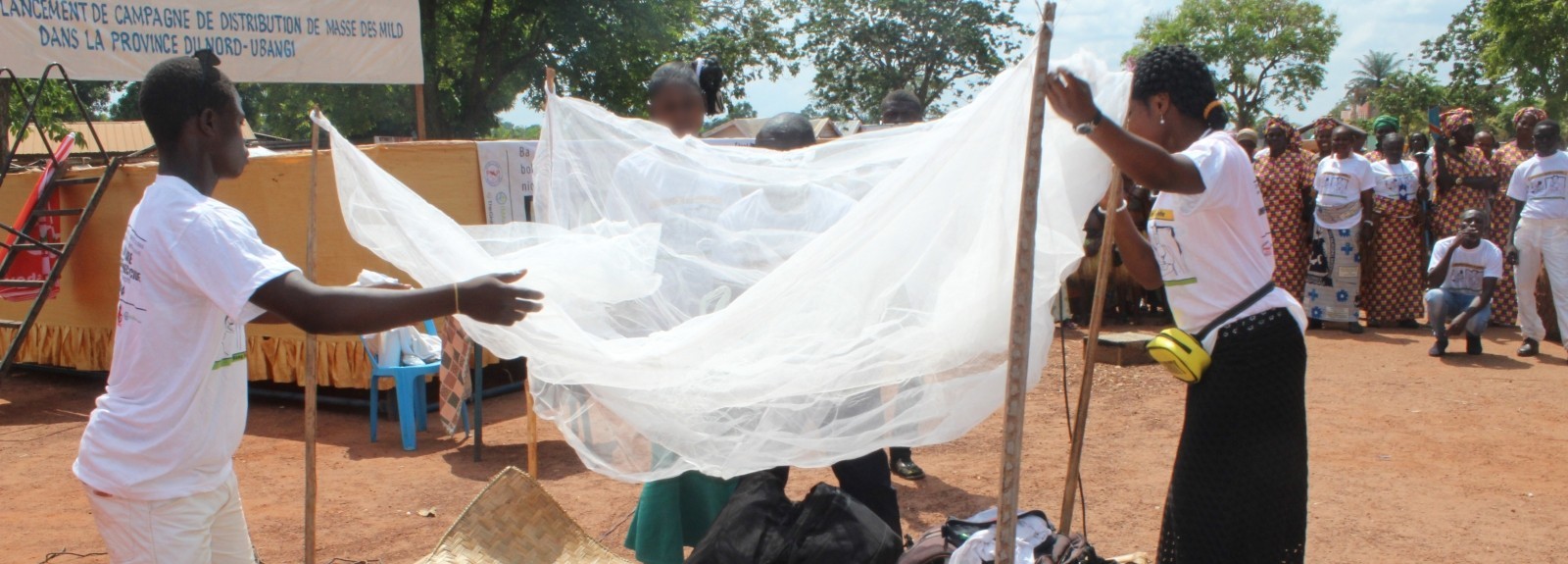According to the World Health Organization's World Malaria Report for 2023, there were approximately 249 million cases of malaria reported worldwide in 2022. The Democratic Republic of the Congo (DRC) accounted for 12 percent of global malaria cases and 11 percent of deaths, making it the second-most affected country globally.
Corus organization IMA World Health has been working to improve health outcomes for millions in the Democratic Republic of Congo (DRC) for over two decades by supporting medication and long-lasting insecticidal net (LLIN) distribution and social mobilization efforts.
Community engagement has been a cornerstone of IMA World Health’s activities in the DRC, especially in combatting widespread diseases like malaria. We work with local authorities, community leaders, and key individuals such as religious leaders, to foster acceptance and ensure the effective utilization of LLINs. Through this advocacy and social mobilization, IMA World Health aims to secure the commitment of decision-makers across each province to take collective responsibility for the achievements of distribution campaigns.
With support from the Global Fund to Fight AIDS, Tuberculosis and Malaria, alongside local partner SANRU, we distributed 20,453,656 LLINs across ten provinces in the DRC (Mongala, Nord Ubangi, Sud Ubangi, Tanganyika, Haut Lomami, Haut Uele, Maniema, Kwilu, Ituri and Bas Uele) since 2019, demonstrating a significant impact in the region’s fight against malaria.
To ensure that every household received the intended nets, IMA World Health devised a a Hang-up and Track (HUT) campaign in which community health workers distributed the LLINs, installed them in each household, and recorded household registration data using smartphones to ensure accountability and accuracy. The innovative HUT approach has been found to promote higher net-use rates than traditional methods, in addition to giving an unprecedented level of transparency and accountability to net distributions.
IMA World Health's dedicated efforts in the DRC, through community outreach and the widespread distribution of LLINs, illustrate a powerful model of how targeted intervention and collaboration can significantly impact the fight against malaria.

